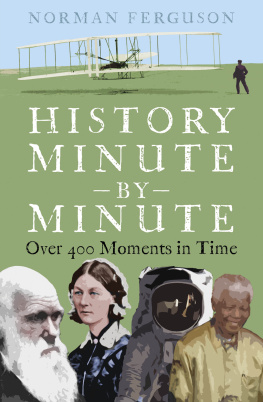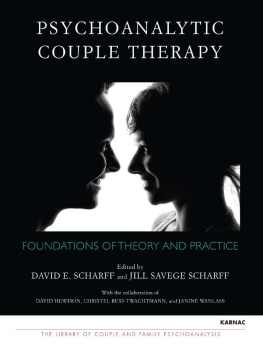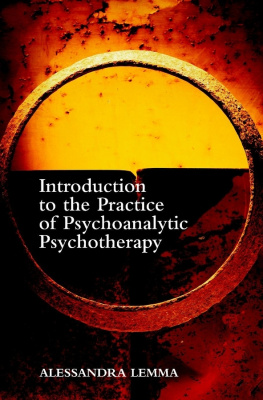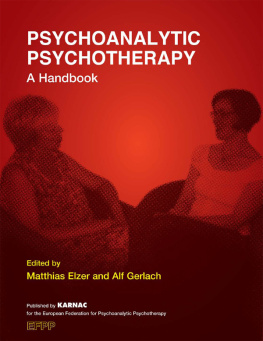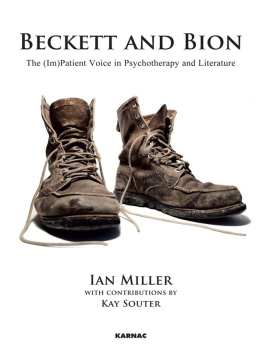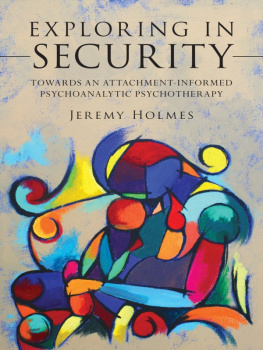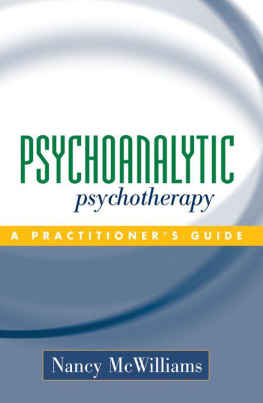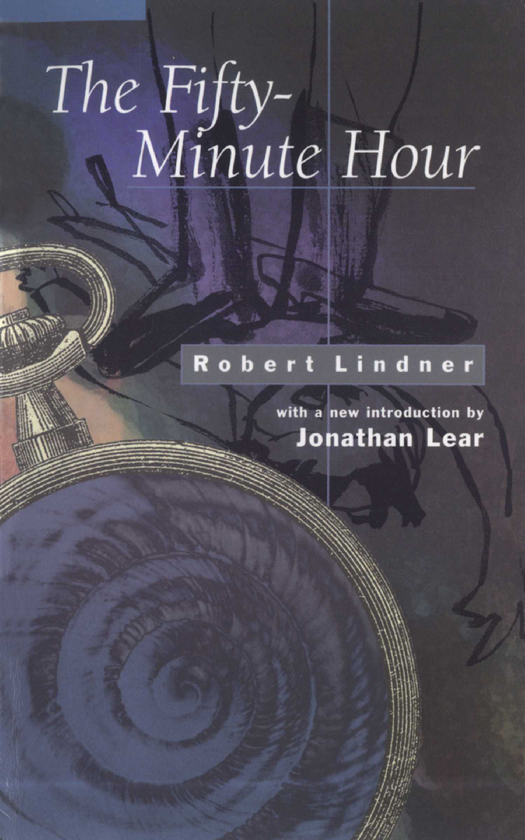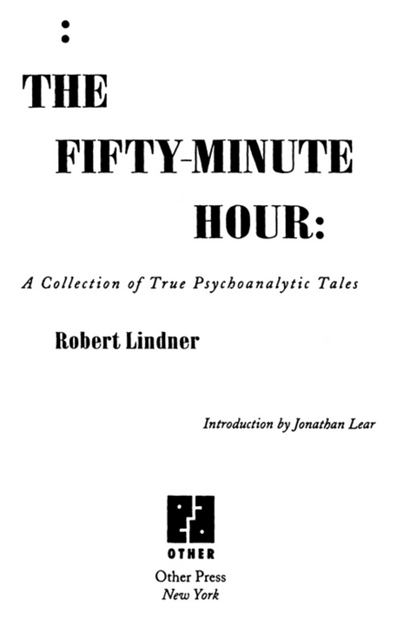Other books by Robert Lindner
Rebel Without a Cause
Stone Walls and Men
Prescription for Rebellion

Copyright 1982 by Robert Lindner
All rights reserved, including the right to reproduce this book, or parts thereof, in any form, without written permission from Other Press LLC, except in the case of brief quotations in reviews for inclusion in a magazine, newspaper, or broadcast. For information write to Other Press LLC, 2 Park Avenue, 24th Floor, New York, NY 10016. Or visit our Web site: www.otherpress.com.
Library of Congress Cataloging-in-Publication Data
Lindner, Robert Mitchell, 19141956.
The fifty minute hour : a collection of true psychoanalytic tales / by Robert Lindner.
p. cm.
eISBN: 978-1-59051-657-7
1. PsychoanalysisCase studies. I. Title.
RC509.8 .L56 1999
616.89;17dc21
99-23368
v3.1

To my analysands,
past, present
and future
 contents
contentssongs my mother taught me
The story of Charles
come over, red rover
The story of Mac
solitaire
The story of Laura
destinys tot
The story of Anton
the jet-propelled couch
The story of Kirk
 foreword
forewordI have written these tales from psychoanalysis to share with my readers some of the experiences I have had in pursuing what must surely be one of the strangest of all occupations. From a literally inexhaustible storehouse of material that increases each day, I have chosen a handful of stories that seem to me to illustrate something of the adventure of this fabulous profession, something of its romance, and much of its practical detail.
Around psychoanalysis there has been built a fence of mystery and something resembling awe. Its practitioners, if not the objects yet of veneration and fear, are well on their way to elevation as priests of a certain kind; and the initiatesthose who have lain on couches, that isthreaten to become a confraternity of the saved, a latter-day community of saints whose cancelled checks comprise a passport to heavens denied those less (or more?) favored by fortune.
This cabalistic climate which today surrounds the practice of psychoanalysis has had some weird and, I think, harmful effects. Not the least among them has been the conversion of the psychoanalystin the public mind, at leastto a kind of devils disciple who works with means arcane and mystic to secure the transformations of character or personality he desires.
Nothing could be further from the truth. Neither the science of psychoanalysis nor the art of its practice depend upon extraordinary agencies. As a matter of fact, the only medium employed by the analyst is the commonest instrument of allhis own human self, utilized to the fullest in an effort to understand its fellows.
The gradual replacement of men by machines to execute the functions of life is a characteristic of our time. Everywhere, devices are being substituted for the human hand, the human eye, all of the senses and even the brain. Very likely the day is not too distant when the remarkable animal we call man will be only an attendant of the vast products of his invention, concerned solely with the command and care of appliances that do his work. But there is one area where no machine, no matter how complex, no matter how inspired, can act for its maker. This is the area of understanding, of sympathetic comprehension, of intimate, knowing communication between one being and the next. Now and forever, only man will fathom men.
Psychoanalysis is that branch of knowledge which formalizes the study of man in all his aspects so that he can be understood. Founded upon observations of human functioning and behavior, grounded in the laws of interpersonal communication, it has raised understanding to an art so fine that it can actually be practiced as a legitimate occupation, and its workers instructed in the development and exercise of the talent each of us possesses for comprehending others. A psychoanalyst is, therefore, nothing more than an artist at understanding, the product of an intensive course of study and training which hasif it has been successfulrendered him unusually sensitive to his fellow men. And it is this sensitivityin short, the analysts own personwhich is the single instrument, the only tool, with which he performs. Only on himself, and on nothing else, does he depend.
The common element in all of the tales that follow is the self of the analyst. Each story, while it tells of a specific case, deals finally with the deployment of that self in the therapeutic enterprise, the adventures that befell it, and the effects exerted upon it by the actors and situations described. Because the self in question is my own, and my intention far from confessional or biographical, I have exercised a certain degree of discretion; but the portrait I have drawn is on the whole a quite honest one and delineates, to the best of my ability, the personality of the agent of therapy involved. That this agent is a mere human, just another person with his own hopes and fears, goals and anxieties, prejudices and pretensions, weaknesses and strengths, is really the heart of the matter.
R. L.
 introduction
introductionBY JONATHAN LEAR
This book is written in the heroic age of American psychoanalysis. The author, Robert Lindner, blazes his way through neurosis and psychosis the way John Wayne blazed his way through Indian territory; he tracks his way through the hidden nooks of the inner world the way that Philip Marlowe tracked his way through low-life Los Angeles. The comparison is apt, because Dr. Lindner is a self-styled American individualist: he trusts his intuitions, he is willing to bend the rules to follow a hunch, he will flout convention in response to an outcry of human suffering. Let us be clear: in the five reported cases, the author comes close to getting himself killed on one occasion, and severely attacked on another. There are professionsbaseball, for instancein which batting two for five is pretty damn good, but psychoanalysis is not one of them. Still, like every Fifties American hero, the author lives to tell the tale.
So do most of his patients. This is a world where one can be cured of communism and impotence, of fascism and homosexuality, at the same time. This is a world in which the therapist cures a patients madness by getting himself so involved in the details of the fantasy that the patient gets sick of it. It is as though the cowboy-hero says, This psychosis isnt big Make no mistake about it, the hero


